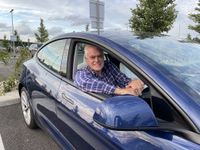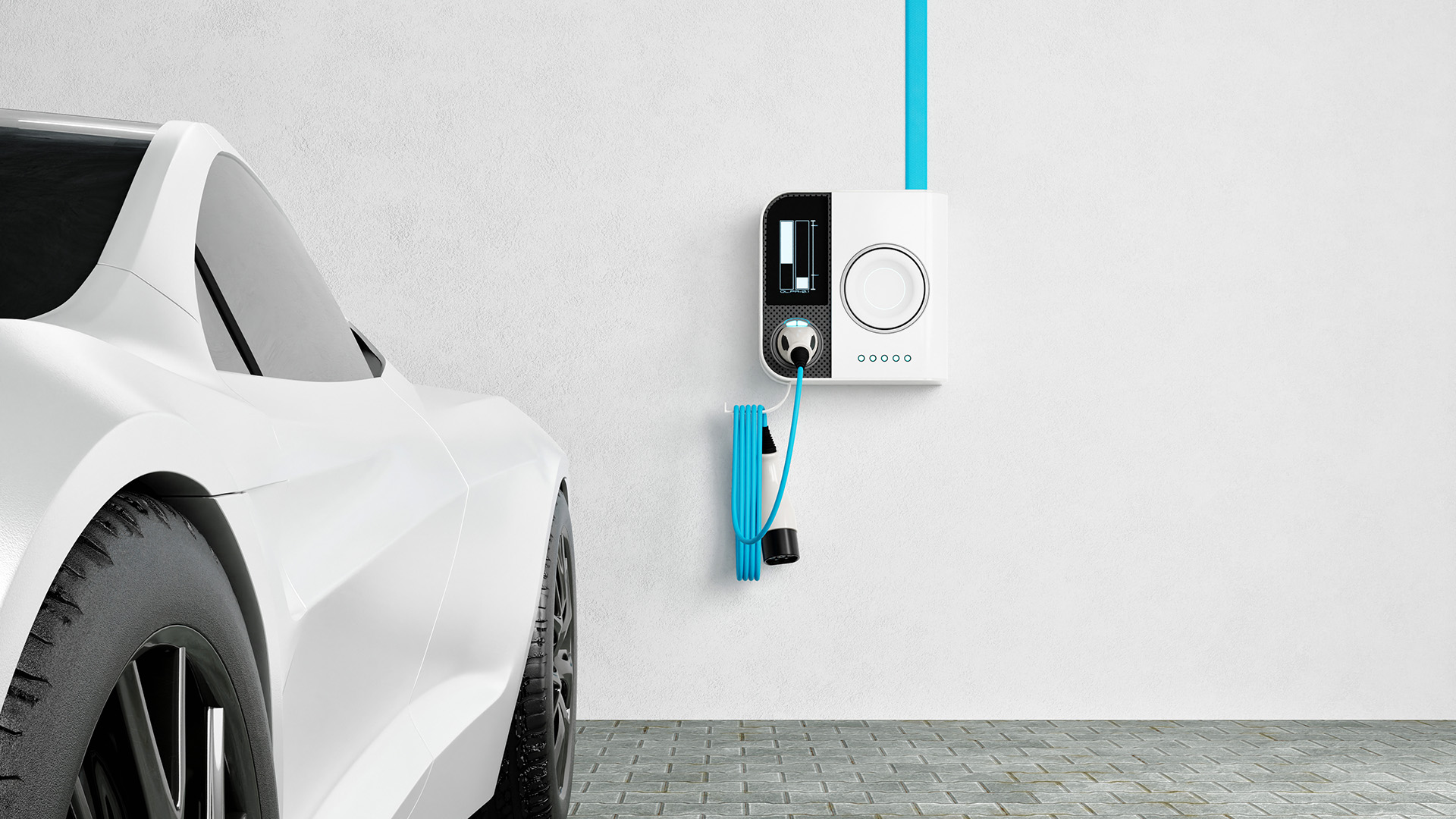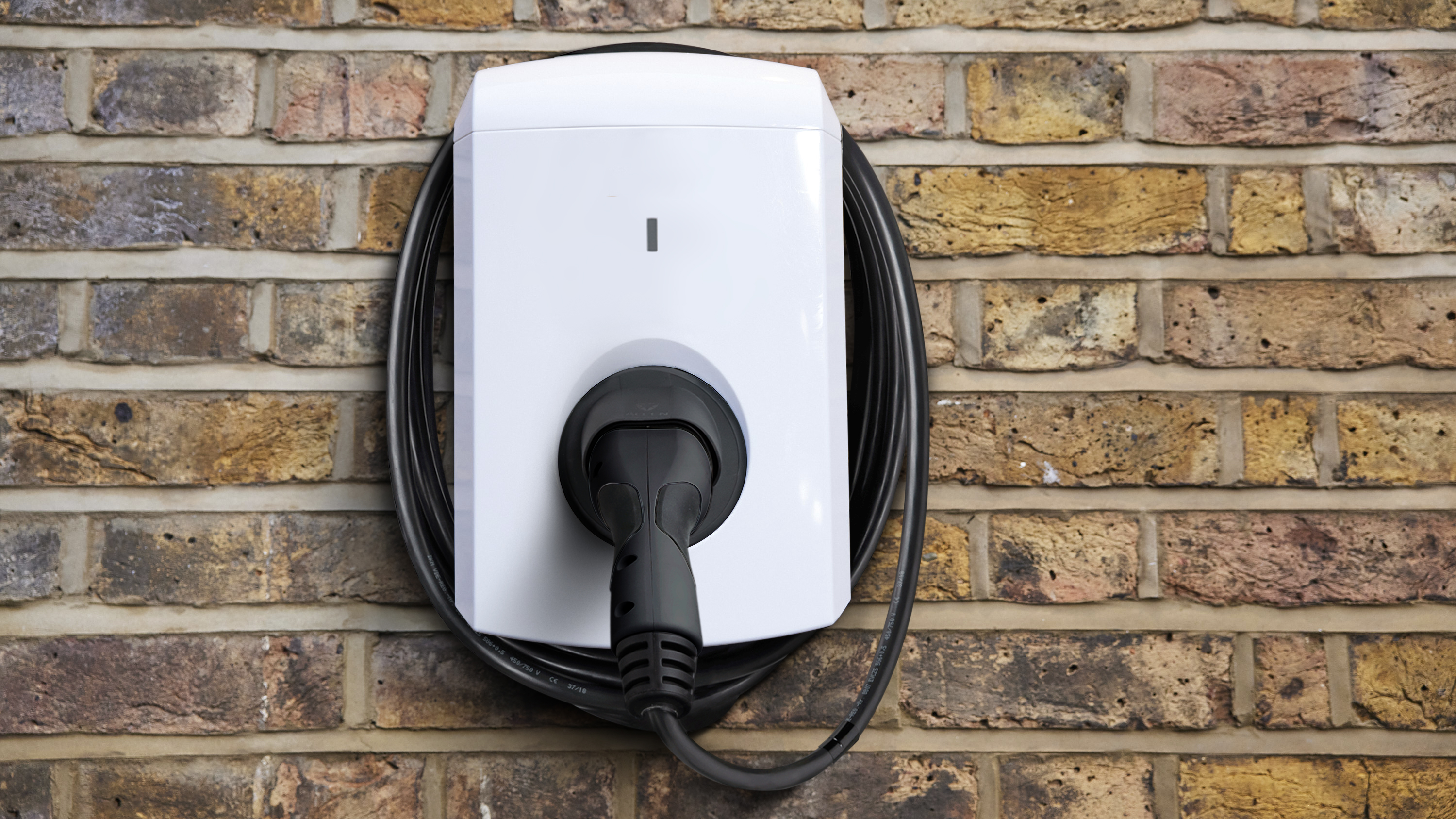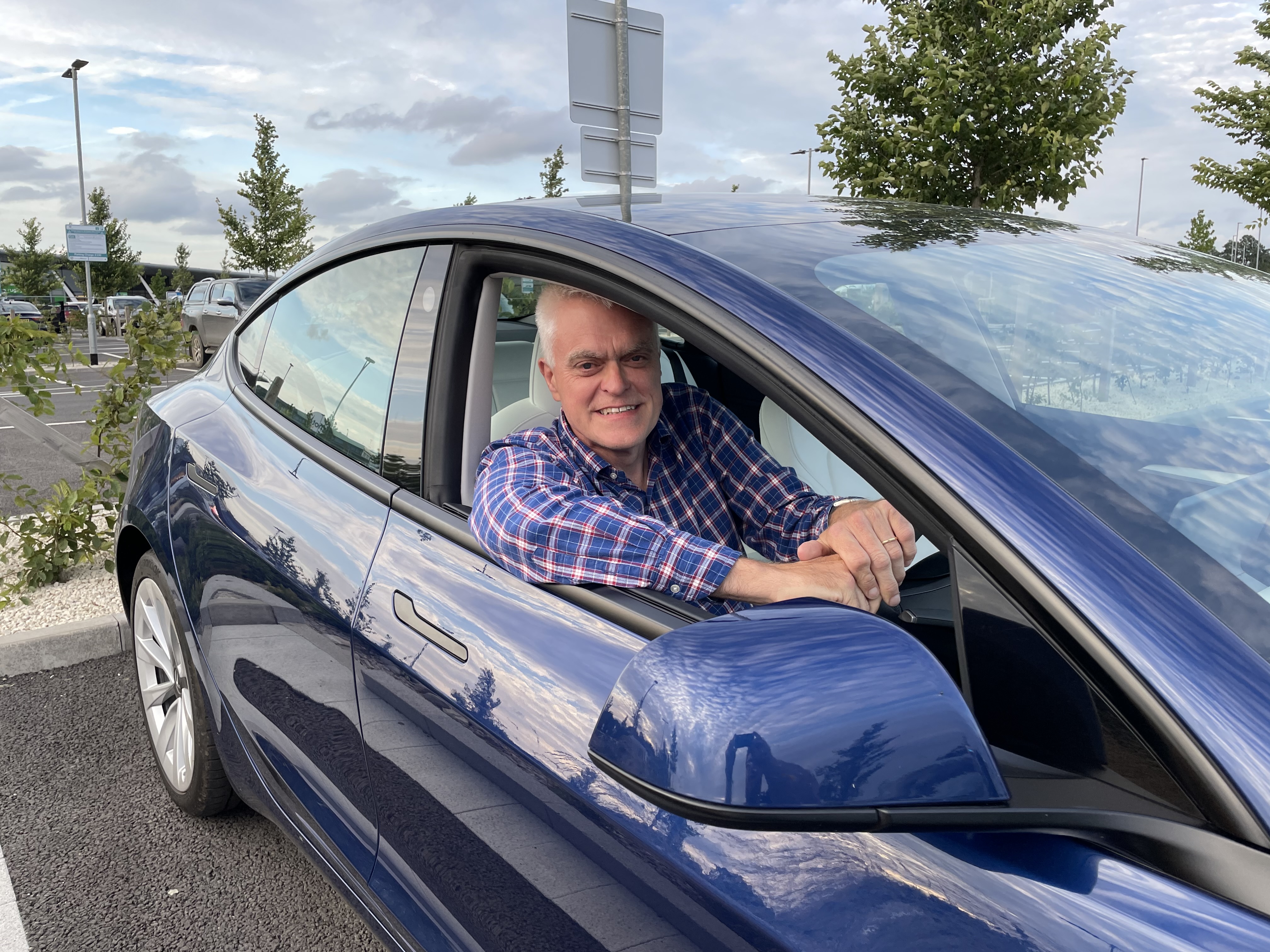Is faster always better when it comes to EV charging?
22kWh home chargers slash your charging time, but for home use they might not be worth the hassle


Power matters when it comes to charging electric cars. Generally, the more Watts, the faster the potentially tiresome business takes place.
The fastest public car chargers offer up to 400kW, nearly 130 times the power you get from a three-pin socket at home. It’s enough to fill even the largest electric car batteries in record time. A long range Hyundai Ioniq 5 for example, on a 350kW charger, can get from 10% to 80% in around 18 minutes. That’s nearly 14 miles of added range every five minutes.
Of course, if you can, it’s vastly cheaper and more convenient to charge your electric car at home. But home chargers, which use alternating current (AC) rather than the direct current (DC) of rapid public ones, are much slower. Getting a full battery is typically an overnight affair.
The slowest home chargers run at 3.2kW, though most are 7.4kW which is about the same power as your home cooker circuit. These will fully charge a car like the long range Ioniq 5 in a rather pedestrian 11 hours or so.
Faster, 22kW AC home chargers are available, though. They sound appealing and can potentially slash your charging time to a third. But is the mindset of maximising your charging power at home a fallacy? Should you buy one? Probably not, and here’s why.
First, it’s normally a hassle, and often a very expensive one, to get 22kW out of your home power supply. Almost all British homes run on single-phase electricity, but 22kW needs three-phase. This is essentially three standard power supplies in one.
22kW has traditionally been reserved for power-hungry commercial applications. If you want it at home you can usually get it, and some of the newest homes do indeed have it as standard, but you’ll need a new connection running to the street or the substation, and this comes at a price. The cost is typically between £3,000 and £20,000 depending upon how far away that nearest connection is. The charger itself is also more expensive. Budget on around £1500 rather than £500 as a starting point.
Get all the latest news, reviews, deals and buying guides on gorgeous tech, home and active products from the T3 experts
And the problems don’t stop there. Once you’ve bought an expensive 22kW power supply and charger, you may be gutted to find your car won’t charge that fast on AC anyway. Surprisingly few cars support 22kW AC. Tesla’s Model S and Model Y do for example, but not the very popular Model 3, which maxes out at 11kW. The latest Corsa-e also has a maximum of 11kW while 22kW is a £1750 option on Audi Q8 e-trons.
The reason is that in Scandinavian countries, Germany and the Netherlands, where all domestic supplies are three-phase, the vast majority are only 11kW. so that’s the standard. A surprising exception to the rule are the latest versions of the relatively modest Renault Zoe, which does support 22kW.
Few drivers need 22kW charging anyway. According to Octopus Energy, a leader in domestic EV charging tariffs, on average their customers charge for two to three hours overnight, two to three times per week. When these drivers need faster charging, it’s usually away from home on longer journeys. There would be little speed or economic advantage in opting for 22kW at home.

Hive EV charger
A better option for some homes might be to have three 7.4kW chargers instead. Multi-car households are increasingly going to be all-electric. You can charge three vehicles at once on a standard domestic supply if you’ve got a driveway big enough. It’ll stop family squabbles – there’ll be no emotional pleas of “I need the charger tonight”, or similar.
You will however require what the power people call “load management” or “dynamic load balancing”. You can only have all three cars charging flat out when there’s no other load, so the chargers need to know how much the other appliances in your home are consuming, and manage demand accordingly.
Without such intelligence, the cars will summon up their maximum rates and bang goes the main fuse as they overload the supply. With proper management, the cars are controlled and, when the dishwasher and tumble drier go off, the power available for the cars gets a boost.
New homes are often adopting 22kW when they’re electric only. In West Wales for example, properties are now being built without gas supplies but with electric car chargers. The Distribution Network Operator is saying that cooking, heating and car charging means they’re going to need a three-phase supply for all that demand across the home.
That’s not to say 22kW can’t be great for some drivers. Those with high daily mileages who really do need a full charge every day for example, or small businesses – a restaurant that can offer a meaningful charge to customers for the duration of a typical leisurely lunch. On balance though, most people need to think very hard before going to the expense of a three-phase charging in the home. It’s likely to be a waste of a lot of money.
As one industry expert said to me, “In the domestic world my heart goes out to people who have been misled into spending that kind of money – I was told I needed to spend 25 grand to upgrade my house supply so that I could charge my EV – that kind of thing.
It’ll just cause a whole cycle of horror stories of people who feel they’ve been taken to the cleaners.”
Jon is the main gadget reviewer and presenter for The Gadget Show on Channel Five. He was previously the Producer and Executive Producer of BBC's Top Gear between 1987 and 1999 and had a corner named after him on the Top Gear test track. He launched Fifth Gear for Channel Five and produced the show until 2004. When not presenting Jon enjoys writing. In 2019 Atlantic Books published his first book, Autopia: The Future of Cars, and he contributes regularly to Amateur Photographer magazine.
